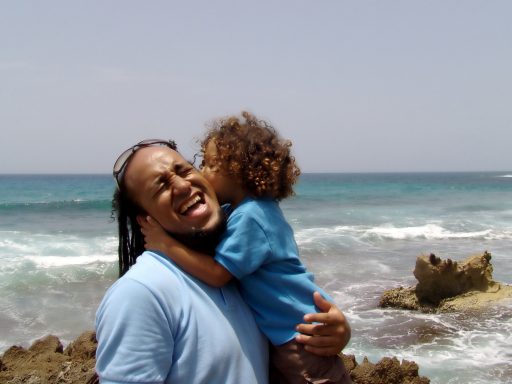- office@nulldkgcfamilylaw.com

Custody generally refers to decision making for children including decisions affecting a child’s:
Joint custody means that parents have equal say with respect to major decision making for a child or children.
Sole custody means that one parent has the ability to make major decisions for a child without the consent of another parent; however, wherever reasonable and unless otherwise ordered or agreed, parties are usually expected to at least attempt to consult with each other regarding major decisions affecting their child or children.
At times, rather than one parent having sole custody of a child or children an agreement is made or the Court orders that parents each have the final say in the event of an impasse with respect to certain decisions (for example, one parent has final say with respect to health and major extracurricular activities and another parent has the final say with respect to education and religion).
This can help to avoid having to return to Court every time the parties reach an impasse with respect to custodial issues, although not necessarily since a parent can still seek the intervention of the Court to override a decision made by a parent even if that parent had the authority to make the decision without consent.
If you have additional questions about custody as it pertains to your own situation, why not speak to our dedicated team of professionals? We would be happy to help navigate you through your challenges.
Contact Us

At DKGC LLP, we advocate for our clients and their rights. It’s not just our duty, it’s also our privilege.